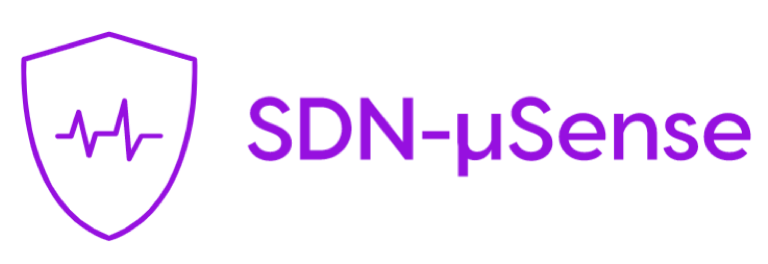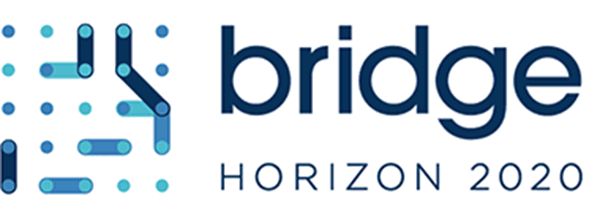Reputation and trust assessment

When talking about data, it is important to know that any data handling is associated with a certain degree of risk of data leakage. Data can be exposed while transiting through a data transmission/exchange system or even while it is stored. Data protection and reputation mechanisms are putting in place to prevent malicious and dishonest data handling.
Privacy is represented by the ability to hide information and disseminate information by choice, being such information, at times, sensitive. Security is a directly related term which incorporates approaches for the proper use and protection of information. This concept determines the ability to regulate which data in a system is shared, with whom and under which conditions and procedures. Whereas data privacy dictates the means of data collection, sharing and usage, the data security deals with protection from data compromise.
When talking about data, it is important to know that any data handling is associated with a certain degree of risk of data leakage. Data can be exposed while transiting through a data transmission/exchange system or even while it is stored. In order to prevent unauthorized data access, adequate security measures must be developed. Data access policies are used to define the responsibilities and roles of actors who are granted access to certain data, whilst data encryption methods are used to protect data where in transit or stored.
Due to its nature, personal and confidential information is prone to fraud. Typically, in a data transaction system involving several entities, an effective method to guarantee the proper data handling and prevent malevolent and dishonest parties to take part is to keep a reputation record represented by scores, which are typically calculated based on the perceived behavior of all entities participating in a data transaction system. This record reflects the risks associated with each entity as well as their related trust level. The dishonest and malicious peer may be identified by utilizing trust models and trust evaluation systems. PHOENIX implements such reputation assessment with dedicated modules which calculate the reputation scores based on behavior monitoring of data controllers and data processors in the system, in order to detect and evaluate possible risks and problems during personal and/or confidential data exchanges. The reputation assessment is implemented in blockchain as smart contracts and whenever a reputation score drops below a certain threshold, the implicated entities may be notified via proper notification systems and procedures.












